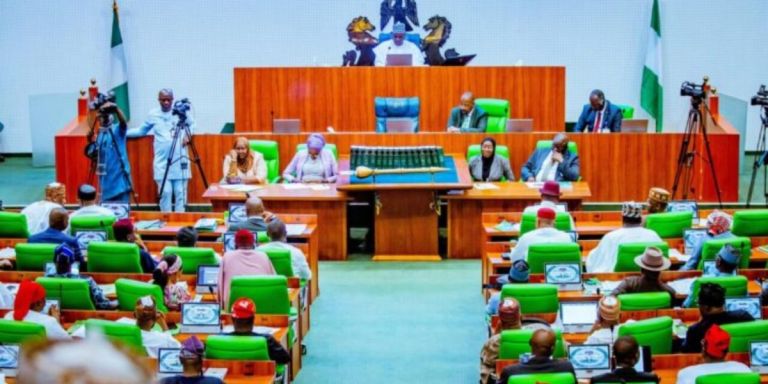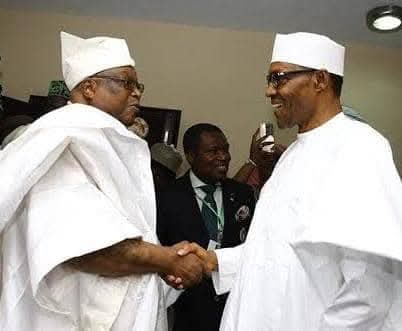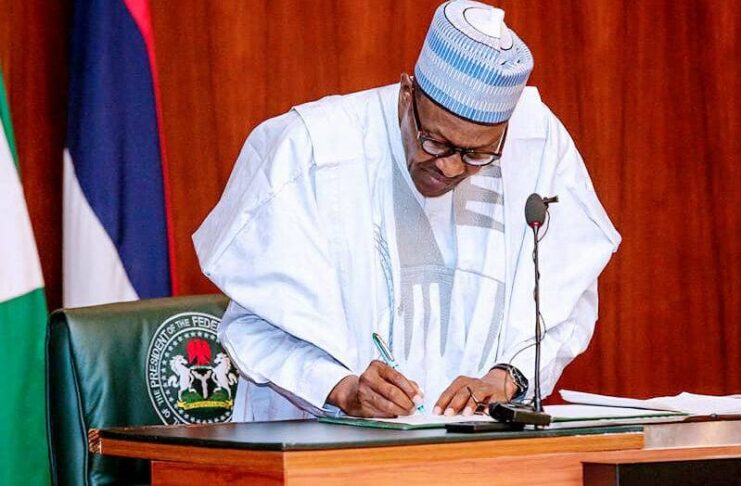No fewer than 60 members of the Federal House of Representatives are seeking amendments to the 1999 Constitution to transition from the presidential to parliamentary system of government.
Wale Raji, a lawmaker from Lagos State in the All Progressives Congress, was a prominent sponsor of the bill, which was read for the first time in the House of Representatives.
The lawmakers cited the need to reduce government costs as well as robust policy debates as reasons for demanding a return to the parliamentary system.
A parliamentary system is a democratic form of government in which the party (or a coalition of parties) with the greatest representation in the parliament (legislature) forms the government. Its leader is the prime minister or chancellor.
Executive functions are exercised by members of the parliament appointed by the prime minister to the cabinet. The parties in the minority serve in opposition to the majority and have the duty to challenge it regularly.
Prime ministers may be removed from power whenever they lose the confidence of a majority of the ruling party or of the parliament. The parliamentary system originated in Britain and was adopted in several of its former colonies.
The First Nigerian Republic, which lasted from October 1963 to January 1966, operated under a parliamentary system.
The bill, if passed, will however require the assent of the president to become law and be enshrined in the Constitution.
If the president declines to assent, the National Assembly can override his veto with the votes of two-thirds of the members.





